By, T Lembong Misbah, Lecturer at the Faculty of Da’wah and Communication, UIN Ar-Raniry, Banda Aceh
Indonesia is widely recognized as a nation with a highly religious population. According to a 2024 survey conducted by CEOWORLD, Indonesia ranked seventh among the most religious countries in the world, with 98.7% of respondents identifying as religious. However, paradoxically, corruption remains deeply entrenched in the country, raising critical questions about the relationship between religiosity and ethical governance.
Data from Transparency International places Indonesia 96th out of 180 countries in the Corruption Perceptions Index, with a score of 34 in 2023—indicating a high level of corruption. The persistence of large-scale corruption cases, resulting in financial losses amounting to hundreds of trillions of rupiah, further underscores the systemic nature of this issue.
Corruption in Indonesia is not merely an issue of individual or group misconduct but rather a deeply rooted systemic problem affecting various sectors of society. The most prevalent forms of corruption include bribery, embezzlement, and abuse of power that erode public trust and weaken institutional integrity.
Also Read: Peace Cannot Be Achieved Without a Palestinian State
Islam unequivocally condemns corruption. The Quran, in Surah Al-Baqarah (2:188), states:
“Do not consume one another’s wealth unjustly, nor deliberately bribe authorities in order to devour a portion of others’ property, knowing that it is a sin.”
Despite this clear ethical injunction, numerous public officials who claim to be religious have been implicated in corruption scandals. This phenomenon raises significant concerns regarding the extent to which religious values influence political and economic behavior.
Several factors contribute to the persistence of corruption in Indonesia. A lack of transparency and accountability in governance provides an enabling environment for corrupt practices. Moreover, collusion and nepotism continue to shape political and economic norms, often overriding principles of meritocracy and justice. In such a context, personal and group interests frequently take precedence over public welfare, further entrenching systemic corruption.
Also Read: Facing the Wall: Netanyahu and Ambitions Built on Blood
The ramifications of corruption are particularly detrimental to marginalized communities. Public funds that should be allocated to essential services, such as education, healthcare, and infrastructure, are frequently misappropriated, exacerbating social inequality. The resulting disparities contribute to declining public trust in state institutions and hinder national development efforts.
Recognizing the severity of this issue, President Prabowo Subianto’s administration has reiterated its commitment to fight corruption. However, meaningful reform requires more than political rhetoric. Strengthening institutional frameworks, enhancing legal enforcement, and ensuring greater transparency in governance are essential measures to combat corruption effectively. The Corruption Eradication Commission (KPK) and other regulatory councils must be granted robust authority and independence to prosecute corruption cases without political interference.
Beyond institutional reform, a paradigm shift within society is equally vital. Religious teachings should not only serve as a set of rituals or symbolic expressions of faith but must be internalized as ethical guidelines for public and private conduct. Education systems should place greater emphasis on cultivating integrity, accountability, and social responsibility from an early age.
Furthermore, civil society, media, and academic institutions play a crucial role in promoting a corruption-free culture. Encouraging civic engagement, supporting whistleblower protections, and strengthening investigative journalism can collectively contribute to greater transparency and accountability.
Also Read: Taaruf of the Construction World: Lessons from the Collapse of Al Khoziny’s Prayer Hall
Ultimately, the eradication of corruption in Indonesia necessitates a synergistic approach involving the government institutions, law enforcement agencies, civil society, and the private sector. By aligning moral principles with governance practices and reinforcing ethical leadership, Indonesia can strive toward a more just, prosperous, and corruption-free society. []
Mi’raj News Agency (MINA)
Also Read: Fear of Being Left Behind: When FOMO Becomes a Lifestyle for Gen Z










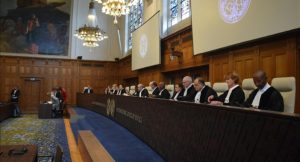

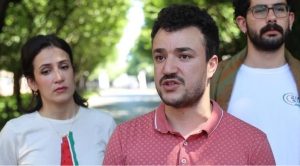

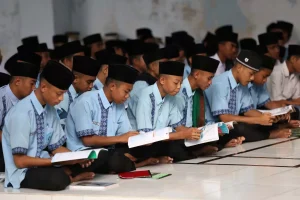
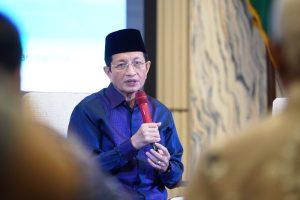



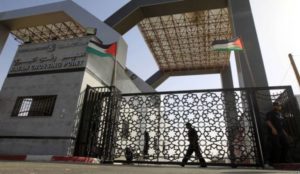




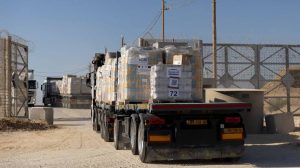






 Mina Indonesia
Mina Indonesia Mina Arabic
Mina Arabic